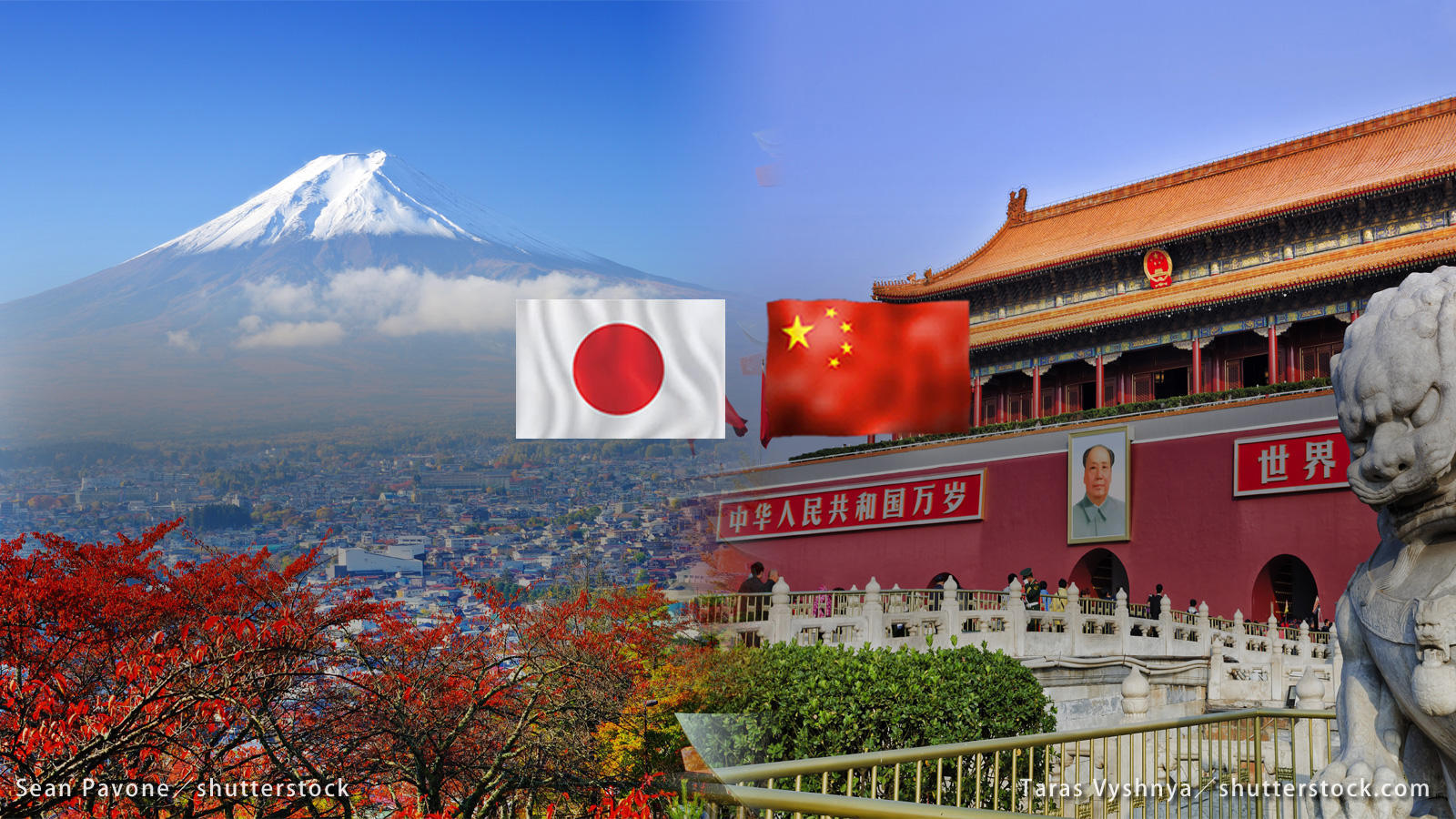The 20th Japan-China Joint Public Opinion Poll conducted by The Genron NPO and China International Publishing Group revealed public sentiment in China regarding current global division, the war in Ukraine and other conflicts, North Korea, the United Nations, and a broad range of other issues.
Nearly half of Chinese respondents believe that the source of conflict and tensions in the world is the fact that the international community was unable to stop the invasion of Ukraine by Russia, a nuclear power and permanent member of the UN security council. In addition, roughly 70% of respondents stated that they believe the invasion to be in violation of the UN Charter and international law. Regarding North Korea's possession of nuclear weapons, almost 70% of the Chinese public believe that it will be difficult to denuclearize the peninsula, although almost half believe that the effort should continue. Results like these illustrate how public opinion in Japan and China is similar on many global issues, including on the topic of how to build a better future for the world; in both countries, the most selected answer was international cooperation.
While the two countries share opinions on many global issues, one item that was particularly conspicuous in this year's survey was the overall deterioration over the previous year of the Chinese public's sentiments toward Japan.
Recent surveys have shown a marked decrease in Japanese sentiment towards China, but this year's survey showed not only that this sentiment is reciprocated in China, but also that the Chinese public has few expectations for the future of Japan-China relations. There has also been a dramatic decrease in support for economic cooperation and other forms of bilateral cooperation with Japan. It was the worst deterioration in public sentiment seen in the twenty years of this poll.
The relationship between Japan and China has been strained multiple times over the last two decades, with obstacles arising in the issues of historical awareness, the Senkaku islands, and more. However, respondents in both countries have always recognized the importance of greater cooperation, and the long history of interactions that had built a certain unique level of trust. Over the period that this poll has been conducted, the percentage of respondents who believe in the importance of Japan-China relations had never dropped below 60% in either country. In this year's poll, that number dropped from 60.1% to 26.3% in China.
In the eyes of the Chinese public, delays in intergovernmental dialogue and upper government interaction, coupled with statements made by some politicians and other figures, are evidence that Japan is returning to its militaristic, hegemonic past.
During the summit meeting in November, the leaders of Japan and China reiterated their agreement to comprehensively promote a mutually beneficial strategic relationship that overcomes the differences between the countries for the global common good. However, this year's poll highlights that there has been a loss of public trust, the very foundation of diplomatic efforts between Japan and China.
About Japan-China Joint Public Opinion Survey 2024
The Genron NPO and China International Communications Group conducted joint opinion polls targeting the citizens of Japan and China late October to mid-November in 2024. This survey has been administered annually since 2005, when Japan-China relations were at its worst. This year marks the 20th year that this poll has been conducted. The objective of the survey is to continuously monitor the state of mutual understanding and perceptions of the Japanese and Chinese public towards one another as well as the changes that ensue over time.
The opinion poll in Japan was administered through the placement method (in which the survey was hand-delivered to homes and then collected) between October 19 and November 10, targeting men and women in the age of 18 or more. A total of 1,000 valid responses were obtained. Respondents were 48.4% male and 50.9% female. The age range consisted of 2.3% under the age of 20, 11.7% between the ages of 20 and 29, 13.2% between the ages of 30 and 39, 17.4% between the ages of 40 and 49, 16.5% between the ages of 50 and 59 and 38.9% over the age of 60. The educational background of respondents were 5.16% junior high school diploma and under, 43.8% high school diploma, 21.1% junior/technical college diploma, 26.7% bachelor's degree, and 1.0% master's degree or higher.
The opinion poll in China was administered through individual interviews between October 18 and November 8, targeting men and women in the age of 18 or more in 10 cities: Beijing, Shanghai, Guangzhou, Chengdu, Shenyang, Wuhan, Nanjing, Xi'an, Qingdao and Zhengzhou. A total of 1,500 valid responses were obtained. Respondents were 50.0% male and 50.0% female. The age range consisted of 0.2 % under the age of 20, 15.8% between the ages of 20 and 24.2% between the ages of 30 and 39, 25.1% between the ages of 40 and 49, 13.5% between the ages of 50 and 59, and 21.1% above the age of 60. The educational background of respondents were 25.4% junior high school diploma and under, 35.3% high school/technical high school and technical college diploma, 34.0% bachelor's degree, 1.3% double degree, and 4.0% master's degree or higher.
*Percentages may not add up to 100% in some cases as the numbers here are rounded off to one decimal point and non-responses are not included.

Post a comment